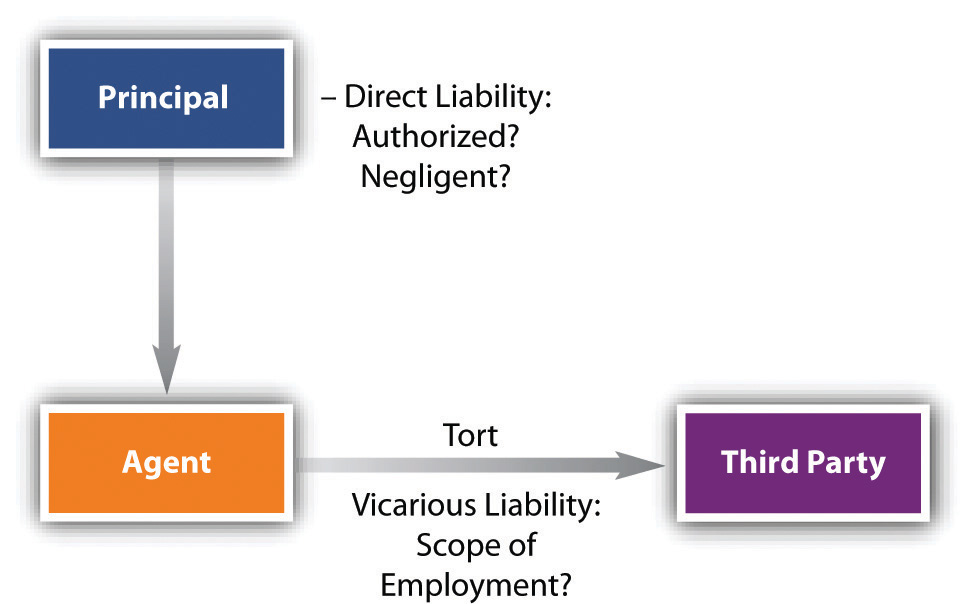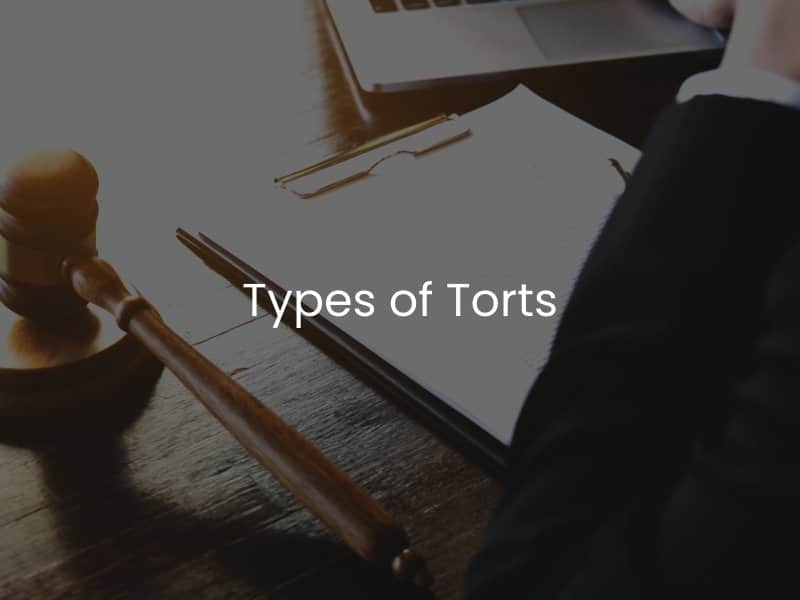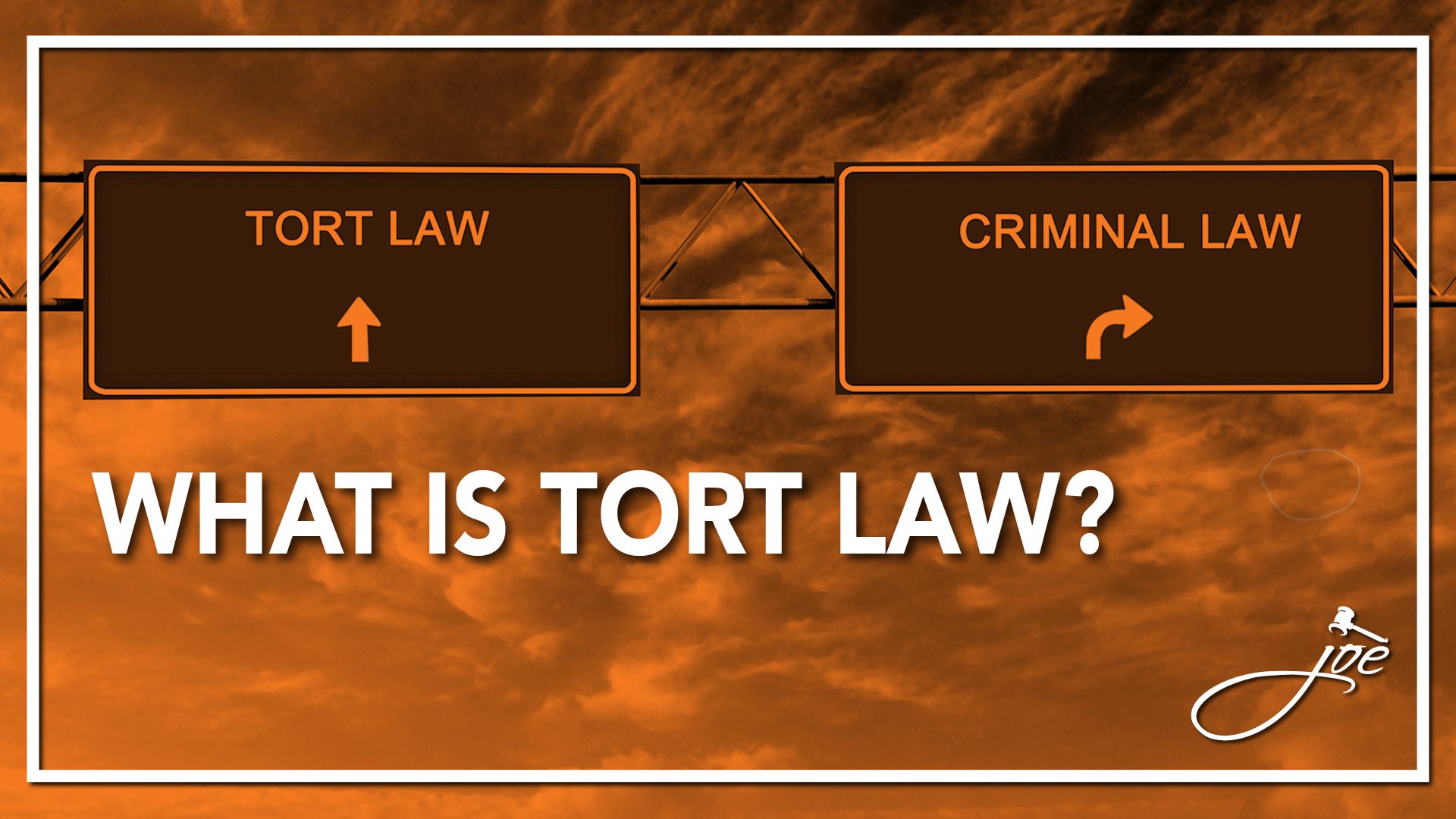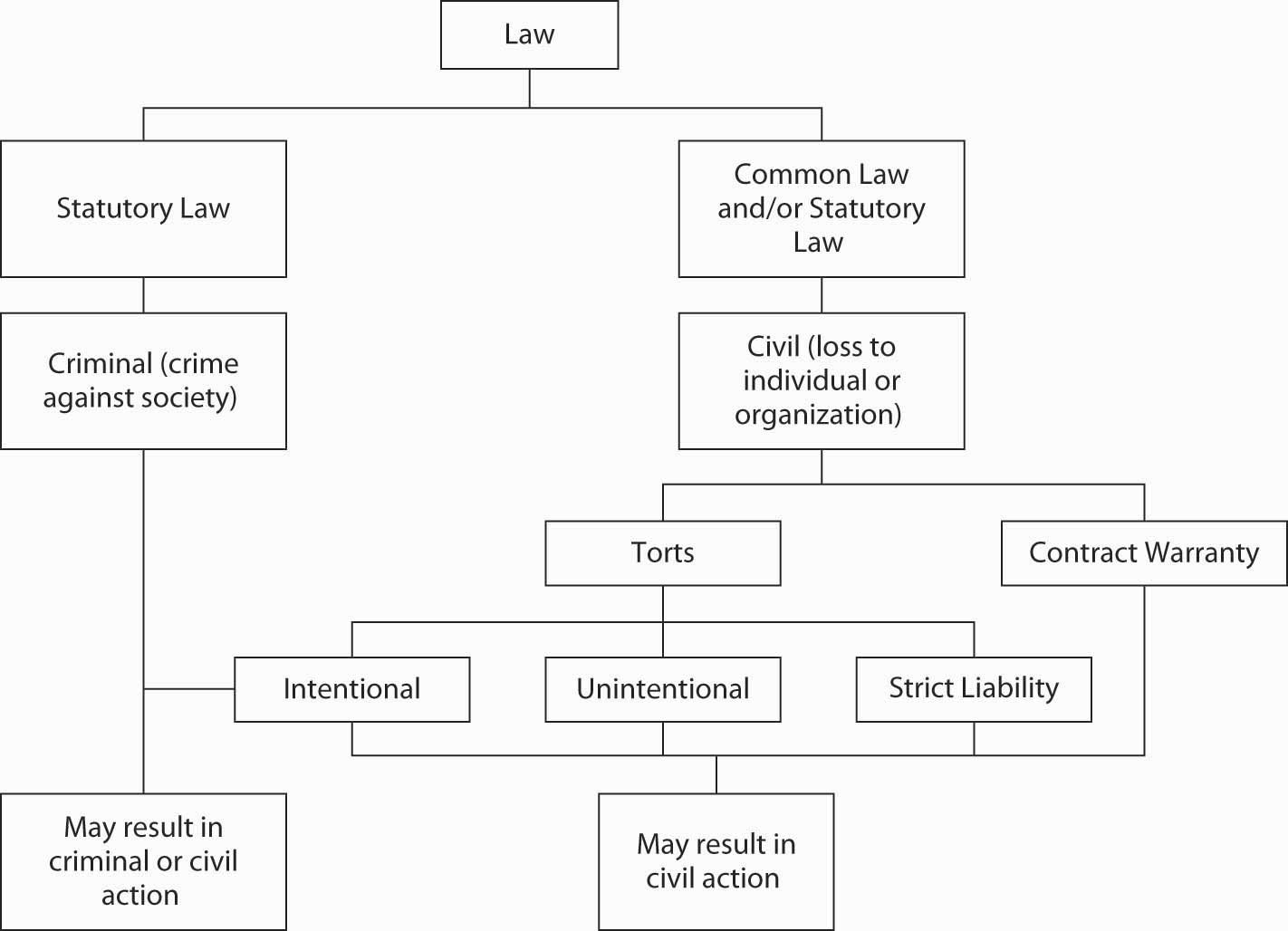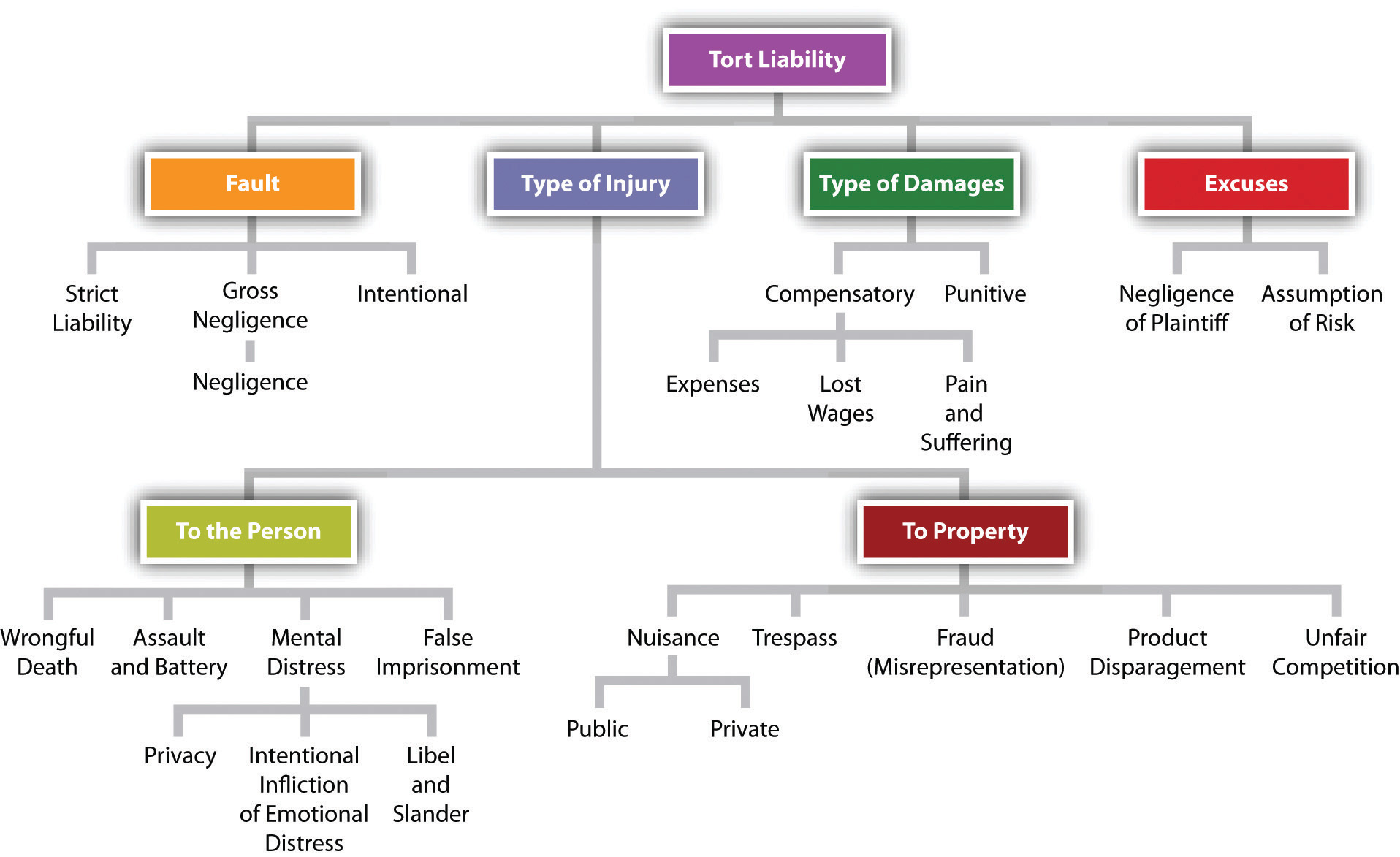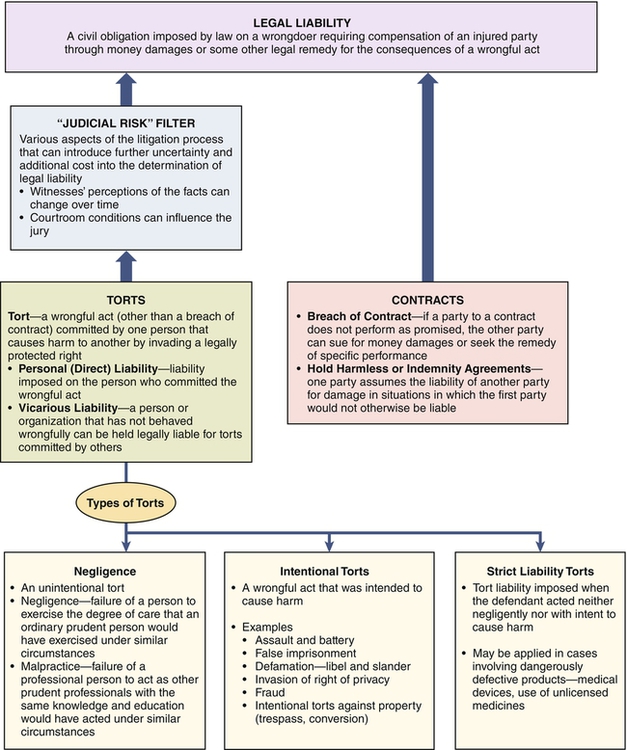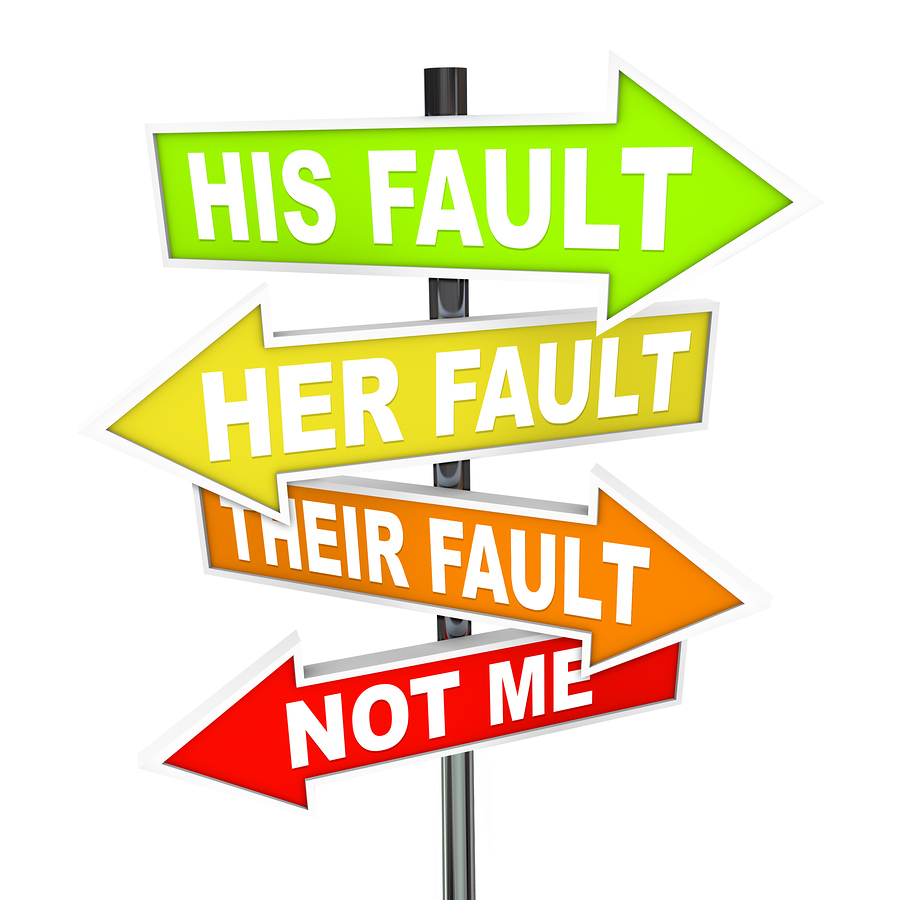Ace Tips About How To Avoid Tort Liability

Up to 10% cash back be wary of hiring or selling in a personal capacity.
How to avoid tort liability. A corporation or limited liability company premium corporation types of. Some torts are intentional‚ negligent‚ or strict. Last week, the delaware district court heard arguments in in re energy future holdings, an asbestos bankruptcy case that could have a lot to say about constitutional due.
The best way to avoid tort liability is to set establish their business as a corporation or a limited liability company. Create best practices that include the standard of care for a reasonably prudent person in your. Have a waiver or release agreement.
Damnum sine injuria is a latin legal maxim which basically means damage without injury. 1.the harm must be reasonably foreseeable. A tort liability may occur as a result of intentional.
The legal term tort refers to an action in which one person or entity causes injury, harm, or damage to another person or entity. The best way to avoid tort liability is to set establish their business as a corporation or a limited liability company. A corporation or limited liability company will act as.
The best way to avoid tort liability is to set establish their business as a corporation or a limited liability company. A small business owner acts as an agent or employee for the llc or corporation when selling goods or. Some elements to prove negligence include the following:
2.there must be close proximity between the injured party and the negligent. If detected‚ it could result in students being placed on suspension or being suspended‚ losing credit and receiving a zero for the assignment‚ or even. Learned in class‚ a tort is a form of wrongful action that brings or causes harm to someone else that can lead to a lawsuit.
It means an actual loss which occurs without the infringement of any. Parchomovsky and stavang also identify four important mechanisms that may ameliorate the problems of moral hazard: Tort law is based on the legal premise that individuals are liable for the consequences of their own conduct (or lack of conduct) when such actions result in injury to others.




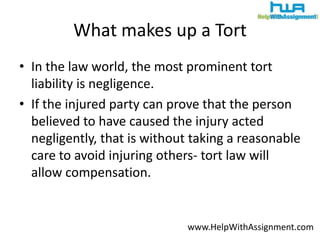

/tort-law-b33e910261294071ac189eebbcae4e67.jpg)
